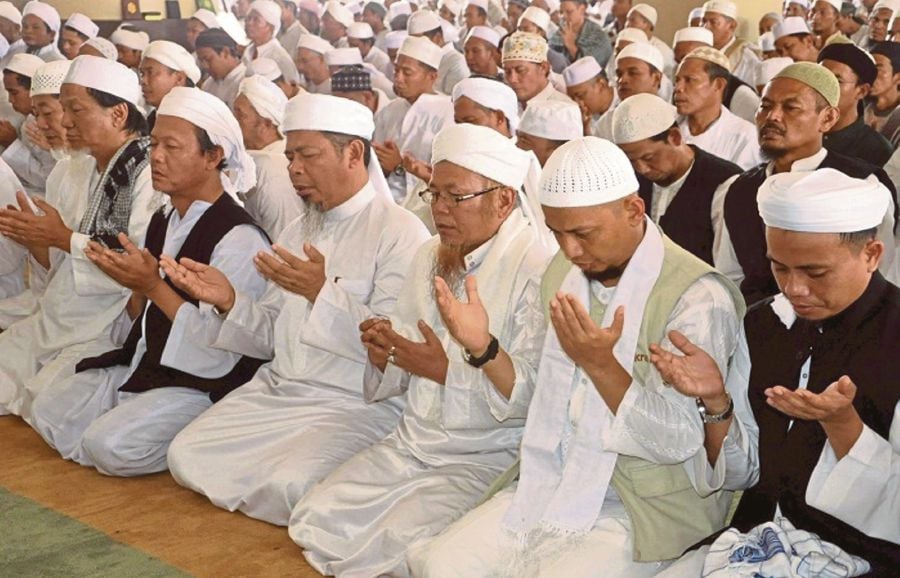
MUSLIMS welcome another new year in the Islamic calendar tomorrow. It was 1440 years ago that Prophet Muhammad (Peace be upon him) and the early Muslims migrated from Makkah to Madinah, which marked the first year of the Hijrah calendar.
For many Makkah Muslims then, the decision to migrate was done with a heavy heart as they had to leave their homeland to a new place. But their faith and love for Islam soothed their doubts and worries.
The Hijrah has significance not just to the Islamic world but also to world civilisation. It did not merely signify a final destination for Makkah Muslims, but was also the beginning of a continuous effort to establish a strong and resilient ummah.
While many Muslims prefer to discuss the Hijrah from the perspective of personal transformations, it is also important to put into context the other impacts from the migration. These include the reshaping of the political, economic and social aspects of the Muslim community, which became the central foundation for Islamic civilisation. This all-encompassing impact of Prophet Muhammad and his followers’ migration from Makkah strengthened the viewpoint of Islam as a comprehensive religion and a complete system of life for its adherents.
It was during this period that an Islamic civilisation was built, gained prominence and lasted for centuries.
The strength of the nation was not measured by the number of weapons, soldiers and wealth, instead, the foundation of the religion, that is the framework of tawhid (oneness of God) and the prophethood of Muhammad as the final Messenger of God cemented the whole life system. This was epitomised through the characters of Muslims in their political, economic and social affairs. Muslims today must therefore emulate the will, courage and strong conviction of the muhajjirin (the emigrants) to bring about changes and improvements to oneself and the ummah.
The Hijrah also offers important lessons in leadership. When Makkah Muslims migrated to Madinah, they were welcomed by Madinah Muslims.
Prophet Muhammad’s leadership was able to unite two Muslim communities with different sects and religious beliefs just on the basis of faith. His position as the leader in Madinah stemmed from the essence of power bestowed on him by society and also through divine authority.
The Prophet took the position of leadership as a trust from the people of Madinah and also from Allah. Therefore, a lesson to be learnt from this is the importance of upholding amanah (trust) and adl (justice) among leaders.
Other lessons from hijrah: the Prophet brought together different tribes, cultures and religions. The people of Madinah were taught to be more kind, compassionate and giving towards one another.
The kinship formed between Makkah Muslims and Madinah Muslims, the end of intertribal conflicts between the tribes of Aws and Khazraj, and the acceptance of other religious communities as part of Madinah society, paved the way for the establishment of a strong and stable nation under the leadership of Prophet Muhammad.
For a multiracial and multireligious country like Malaysia, there is so much to learn from this historical episode.
As we progress, Malaysians should be integrated and stronger as a society. Respect, tolerance and mutual understanding should be the essence of relationships among fellow Malaysians. The understanding of Hijrah must be beyond the “migration” from one geographical location to another. It must include lessons in nation-building, leadership, tolerance, charity and unselfish conducts that could lead to the transformation of self, mindset and way of life as Prophet Muhammad has taught us.
Only then can Hijrah become meaningful.
ENIZAHURA ABDUL AZIZ
Fellow, Centre for the Study of Syariah, Law and Politics, Institute of Islamic Understanding
Fellow, Centre for the Study of Syariah, Law and Politics, Institute of Islamic Understanding
-NST

No comments:
Post a Comment